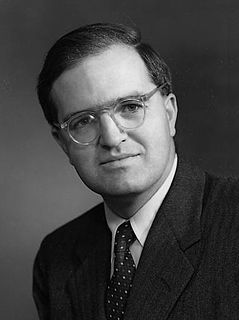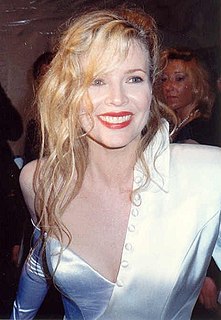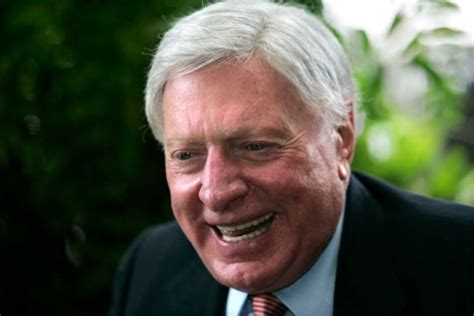A Quote by Audre Lorde
I agreed to take part in a New York University Institute for Humanities conference a year ago. . . .
Quote Topics
Related Quotes
The Babson Institute, which is now an actual university, was started by this guy [my father] who also had a problem with believing in gravity. And so he started the Babson Institute in New Boston, New Hampshire, which then moved to Gloucester. Each year they have a competition of one thousand dollars for one thousand words of an essay on gravity. That's the way they do it.
What use could the humanities be in a digital age? University students focusing on the humanities may end up, at least in their parents' nightmares, as dog-walkers for those majoring in computer science. But, for me, the humanities are not only relevant but also give us a toolbox to think seriously about ourselves and the world.
Fifty years ago, great schools like the University of California and the City University of New York - as well as many state colleges - were tuition free. Today college is unaffordable for many working class families. For the sake of our economy and millions of Americans, we must make higher education more affordable.
I went to the University of Georgia for a year before I left, and then I went to live with Eileen Ford in New York for the modeling agency. I thank god I could do that because all the other kids were getting jobs doing other things, and when I got to New York, I was very blessed. I didn't have to stop and be a waitress. I started making money at a very young age and was just very lucky.
We are lucky in the United States to have our liberal arts system. In most countries, if you go to university, you have to decide for all English literature or no literature, all philosophy or no philosophy. But we have a system that is one part general education and one part specialization. If your parents say you've got to major in computer science, you can do that. But you can also take general education courses in the humanities, and usually you have to.







































